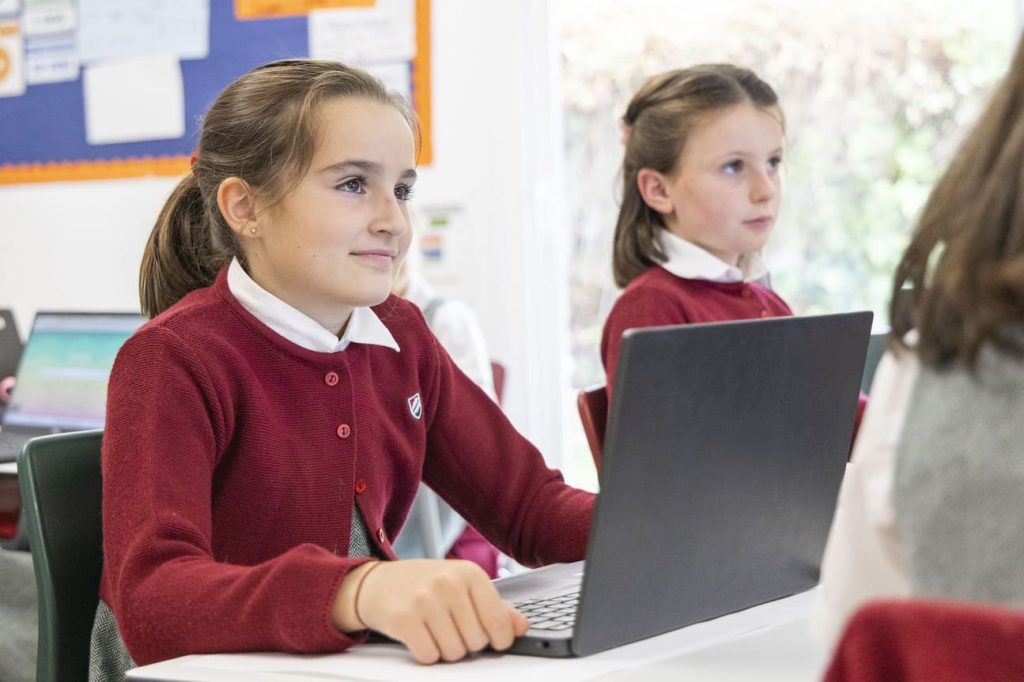We live in a time of rapid change. Technology, artificial intelligence and globalisation are transforming the world of work at an unprecedented pace. Many of the children who attend school today will work in professions that do not yet exist or are only just beginning to take shape.
This new scenario raises an important question for education. Are schools truly prepared to educate the professionals of tomorrow?

The challenge of educating for a changing world
Traditionally, schools focused on transmitting knowledge. However, in the 21st century, the challenge goes far beyond that: it is about teaching how to learn.
The emerging professions require skills that cannot be memorised but must be developed — critical thinking, adaptability, creativity, problem solving and teamwork.
In this context, the teacher’s role is evolving. Educators are no longer mere transmitters of information but guides and facilitators of learning, accompanying students in a process where curiosity and reflection are just as valuable as academic content.
Education as a driver of transformation
To prepare students for the professions of the future, schools must move towards more flexible educational models that encourage experimentation, critical thinking and collaboration.
At Dallington School, we believe in an approach that integrates the academic, emotional and social dimensions of learning. We foster autonomy, cooperative work and project-based learning, so pupils can connect what they learn to the real world.
Moreover, the responsible use of technology — through tools such as our Digital Map — helps students become familiar with the digital environment while keeping the values that guide its use at the forefront.
The school of the future should not teach only how to use technology, but how to give it purpose.
New skills for a new world
The professions of tomorrow will demand a range of cross-disciplinary skills: effective communication, ethical leadership, resilience, computational thinking and creativity.
The educational challenge is to integrate these skills from an early age, in a natural and meaningful way.
At Dallington, we understand that academic knowledge is important, but it is the development of human skills that truly prepares students for the future. That’s why every learning experience aims to awaken curiosity, critical thinking and a desire to make the world a better place.
Towards the university degrees of the future
University studies of the future will no longer be linear or rigid. Young people will need to be flexible and constantly reinvent themselves, combining knowledge from different fields. Higher education will also evolve to meet the needs of this new generation of creative, global students with an open mindset towards change.
Schools today carry the responsibility of laying that foundation: educating people who are able to learn and adapt continuously.

Educating for the unknown
No one can predict what the job market will look like in twenty years, but we do know what kind of people it will need: curious, empathetic, resilient individuals with the ability to adapt.
The professions of the future will require more than technical expertise — they will demand vision, purpose and humanity.
At Dallington School, we believe that education is not about anticipating every change, but about preparing students to face change with confidence, values and creativity. Because the future cannot simply be taught — it is built by learning.